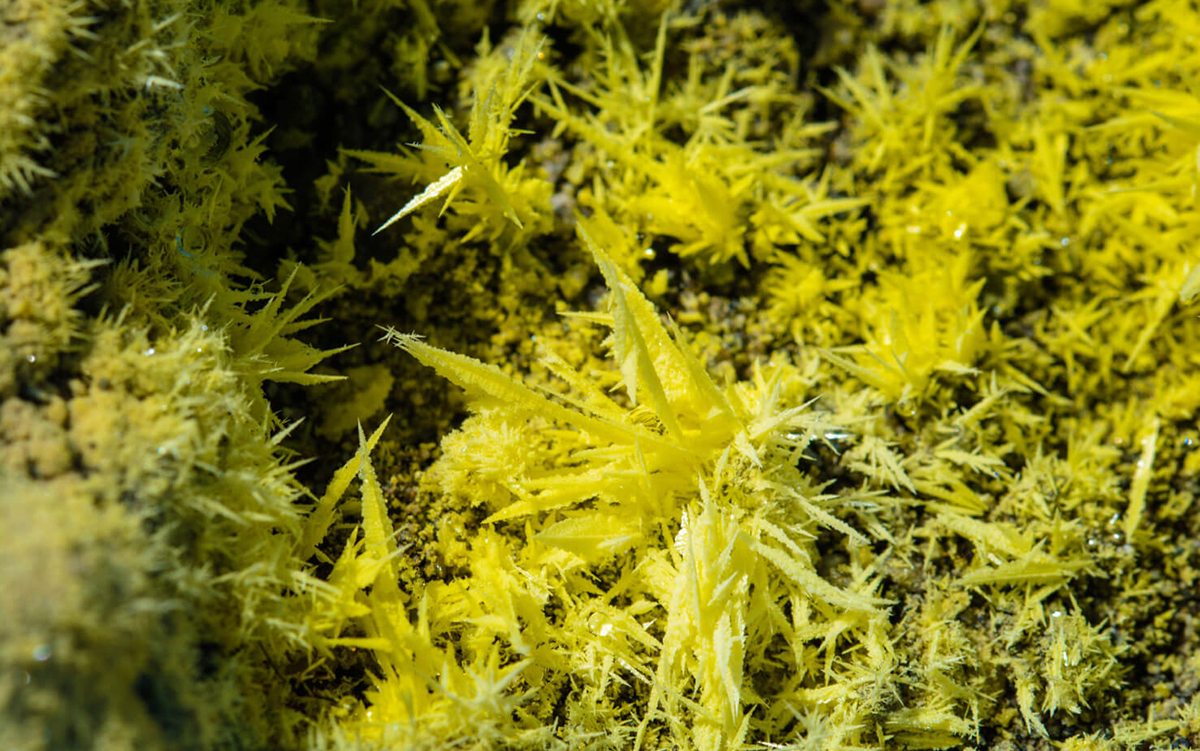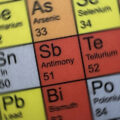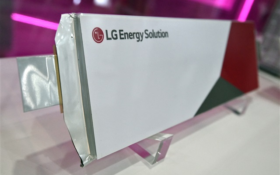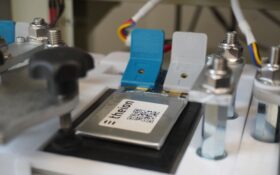Theion GmbH, the German Berlin-based battery technology developer established in 2020, has raised 15 million euros for scaling up their battery cell research.
Their sulphur chemistry battery is said to contain five times more energy per kilogram than NMC cathode batteries with three times the energy density of conventional lithium-ion batteries.
The cost would be only a third as much. The new battery will also emit only a third of the carbon dioxide from conventional batteries.
Dr. Ulrich Ehmes, CEO of Theion, said: “We are designing our crystal sulphur battery to position Europe as a leader in sustainable energy storage. There is still a way to go but our technology shall enable CO2-neutral electric flights, extended EV range, and efficient stationary energy storage.”
He also told Reuters that Theion has successfully developed small coin-cell batteries. The funding will be used to develop the larger pouch cells needed to power EVs or airplanes.
Theion foresees three phases, proprietary anode technology for state-of-the-art cell enhancement (+30% energy density*), lithium sulphur cells, 500Wh/kg at 500 cycles and lithium sulphur cells 1,000Wh/kg at 1,000 cycles.
Theion also declared that worldwide demand for batteries across all industries will triple by 2030, led by the vehicle sector.
The financing round was led by technology-focused investor Team Global, also Berlin-based, with participation from Geschwister Oetker Beteiligungen and Enpal. Lukasz Gadowski, CEO and founder of Team Global, said to ESG Investment news that “I am in no doubt that crystal battery technology can revolutionise mobility and stationary energy storage. Theion is in the vanguard of this tech revolution. Not only can this cell chemistry slash costs for the automotive and mobility sectors, but it should also be a true enabler and catalyst for electrified aviation.”












